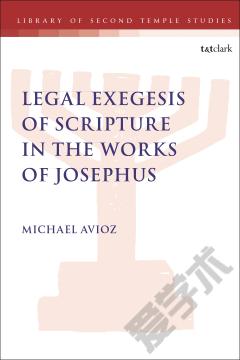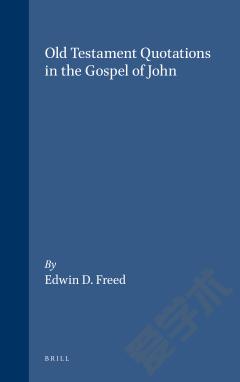Legal Exegesis of Scripture in the Works of Josephus
Michael Avioz builds upon his earlier work on Josephus as an exegete, providing a comprehensive study of Josephus' contribution to the crystallization of the Halakha which focuses on the similarities (and dissimilarities) between his work and the tannaitic sources, as well as contemporary Second Temple sources. Avioz begins by providing a clear definition of Halakha, and offering an explanation of methodology and sources. He then examines the structure and contents of the Pentateuch in Josephus' writing, before moving on to more specific coverage of the Decalogue in the work of Josephus and its relation to other laws in the Pentateuch. Further analysis is applied to the laws in the books of Leviticus-Deuteronomy and on laws that appear outside the Pentateuch. Throughout, Avioz makes close comparisons between biblical laws and Josephus' rewriting of them, in order to consider the reasons behind this rewriting and the origins of the texts that Josephus may have had access to in his exegetical work. Avioz is consequently able to draw clear conclusions about the interpretative traditions that Josephus had access to and worked within, and about how he used them in his writing.
{{comment.content}}








 京公网安备 11010802027623号
京公网安备 11010802027623号